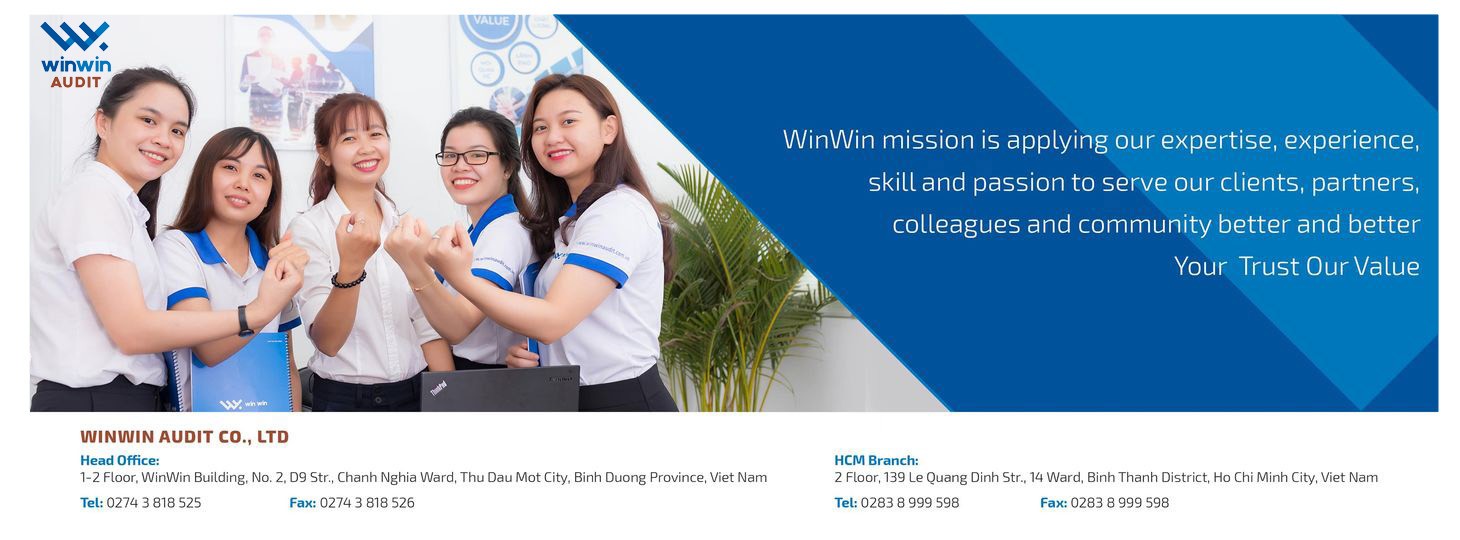IS A CAREER COACH FOR YOU?
Before the COVID-19 pandemic, career coach Amber Setter worked with ambitious clients who were on an energetic career path, vying for promotions in their organizations by increasing productivity and working long hours.
Today, some of those high achievers are rethinking their careers. Since the pandemic, Setter often sees individuals who are burned out and introspective, reflecting on their quality of life and considering a career change. "I work with a lot of people who are high in achievement but low in happiness," Setter said. "Since the onset of the pandemic, I see much more soul searching and a tremendous amount of burnout."
For many professionals in that situation, consulting with a professional coach like Setter can bring clarity and help them make crucial decisions impacting their careers and lives.
Setter, chief enlightenment officer for Conscious Public Accountants, is a professional certified coach and inactive CPA. She said many of the accounting professionals she works with today are disturbed by political unrest and the feeling that that the world is unsafe. Work is also taking a toll.
"The complexity of the accounting and regulatory environment is higher than ever, and my clients are questioning what they should be doing with their lives," Setter said.
Setter and other certified coaches give tips on working with coaches:
Understand the coach's role. Doug Slaybaugh, CPA, CGMA, a professional certified coach working with accounting professionals and owner of The CPA Coach in Denver, sees his role as being a facilitator, leading clients through the process of determining their next move.
"I facilitate the decision-making process so they can evaluate their situation clearly without being influenced by emotion, urgency, and other factors that tend to garble everything," he said.
Coaches ask questions to help clients bring clarity to their career goals, such as whether they have made a firm decision to leave their jobs, or if they are still unsure. "I can help them determine if they want to try to create an environment or situation that would convince them to stay at their current job or if they do need to move on to the next chapter," Slaybaugh said.
Vicki Salemi, a career coach and career expert for Monster.com, compares a career coach to a personal trainer.
"You can go to the gym by yourself and get results, but using a personal trainer will provide guidance and hold you accountable to your fitness goals," she said. A career coach can fulfill a similar role by helping clients develop a strategy and determine the pathway to career satisfaction.
"Career satisfaction may not necessarily mean job searching," Salemi said. "It could be progression in your career, how to get promoted, or how to talk to your boss about getting a salary increase."
At the same time, clients must also recognize career coaches are not magicians, she said. Coaches can't guarantee their clients will get a new job or find satisfaction in their current role overnight, but coaches can deliver insight and encouragement.
"I provide them with skills, tips, and the necessary framework to help them build confidence and achieve their goals," Salemi said.
Choose the right coach. Setter advises people to interview coaches before contracting with one.
"I encourage people to talk with more than one prospective coach. This ensures you hire one that is a good fit with your personality and your comfort level," she said. "Coaching should be a space where you feel safe to speak your truth."
It's also important to hire a coach who has a professional certification. The International Coaching Federation offers three progressive certifications: associate certified coach (ACC), professional certified coach (PCC), and master certified coach (MCC). All of the designations entail the completion of accredited coach training, supervision of coaching hours, and continuing education with an ethics component.
Personal and professional coaching has little barrier to entry, and virtually anyone can call themselves a "coach," Slaybaugh said. "If you are considering hiring a coach, seek out someone who is certified and credentialed, ensuring they are bound to certain high standards, training, and ethics."
Allow yourself to be coached. Career coaching is a two-way street, Setter said. She expects her clients to be coachable and demonstrate commitment.
"You show up. You don't postpone sessions. You don't cancel, even when you are facing a deadline," she said. "You agree to take action, and you learn from the process of staying accountable to what you said is important to you."
Salemi often does prescreening calls with potential clients to ensure they are a good fit for her services.
"Sometimes clients come to me with mental anguish and high emotions, or they have baggage tied to their career and their job," she said. If she recognizes that they're not emotionally ready for taking positive steps forward, she may suggest they seek mental health counseling so they can be open, willing, and ready to work with a career coach.
"I want my clients to be successful, and I want them to feel happy and satisfied with my services," she said. "I want them to believe their investment is well spent and they have the tools and the ability to continue moving forward after our coaching relationship is over."
Be open to opportunities. We are experiencing a rare era in the history of the workforce, Slaybaugh said. The pandemic has been a catalyst causing people to rethink their careers, and there are many opportunities for those who are considering leaving their jobs. The marketplace is hungry for talent, and your current workplace may be motivated to find a way for you to stay.
"You can actually create a stay interview with your employer," he said. "You can meet with your boss and voice the things that are concerning to you about your job and offer some options to create a better opportunity."
If those discussions don't work and you're not able to get what you want, or you're still not happy with what is offered, then you can move into the next stage of your career progression.
Those who have turned the page to a new chapter should avoid feeling discouraged if a desirable workplace doesn't have a job posted for the specific position they seek. Instead, they should open a dialogue with hiring managers and be open-minded to the possibilities.
"If an employer comes across someone with a good skill set, is driven, and has a lot of promise, who believes in the company's purpose and vision, management will find a way to make that hire," Slaybaugh said.
Source: www.journalofaccountancy.com
--------
 Công ty TNHH Kiểm Toán Win Win
Công ty TNHH Kiểm Toán Win Win












